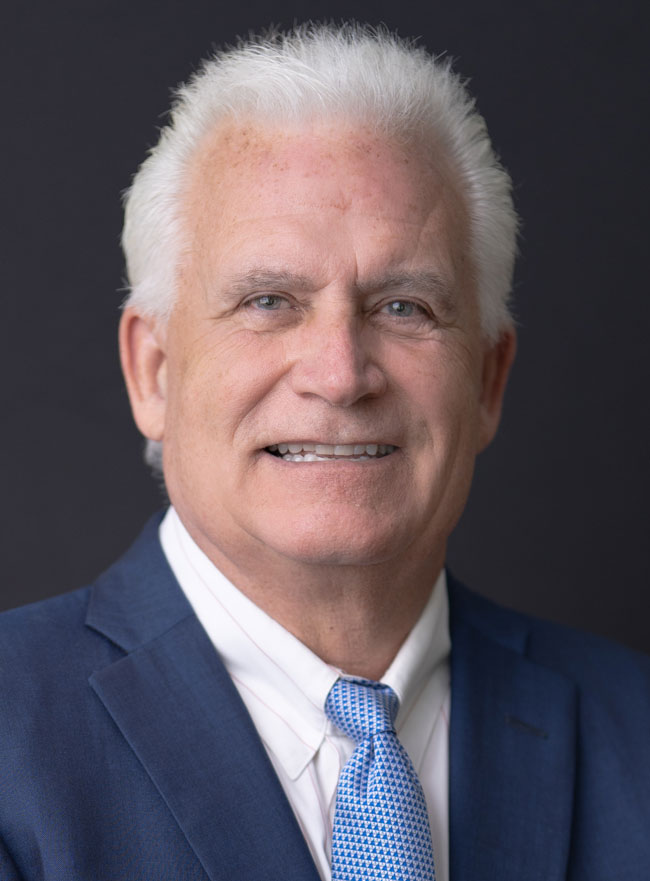Workers' compensation hearings can be an intimidating experience, especially if you've never been through one before. To help alleviate some of your concerns, we've put together a guide outlining what you can expect during the process.
Before the Hearing
Prior to the hearing, it is essential to gather all relevant documents and evidence to support your claim. This may include medical records, witness statements, and any correspondence with your employer or their insurance company. It's also a good idea to consult with an experienced workers' compensation attorney who can help you prepare and present your case.
At the Hearing
Workers' compensation hearings are usually held before an administrative law judge (ALJ) at the Georgia State Board of Workers' Compensation. The hearing will generally follow this format:
- Opening statements: Both sides will have the opportunity to present a brief overview of their case.
- Testimony and evidence: You, any witnesses, and possibly medical professionals will testify on your behalf. Your attorney will ask questions to elicit relevant information, and the insurance company's attorney may cross-examine you and your witnesses.
- Written briefs are submitted The Administrative Law Judge will not make a decision in your case on the same day as the hearing. Instead, your attorney and the insurance company's attorney will submit written briefs based on the evidence presented at the hearing.
The judge may ask questions throughout the hearing to clarify any points or gather additional information.
After the Hearing
Following the hearing, the judge will review all the evidence and testimony presented before making a decision. This decision, called an "award," will outline whether your claim has been approved or denied and, if approved, the amount of benefits you are entitled to receive.
If you disagree with the judge's decision, you have the right to appeal the ruling to the Appellate Division of the Georgia State Board of Workers' Compensation. Your attorney can guide you through the appeals process.
Is There a Jury in a Workers' Compensation Case?
Workers' compensation cases are different from other types of legal proceedings, such as personal injury lawsuits, in that they do not involve a jury. Instead, workers' compensation cases are handled through an administrative law process, meaning that they are overseen and decided by an administrative law judge (ALJ) rather than a jury.
The administrative law process is designed to be a more streamlined and efficient system for resolving workers' compensation disputes. This process typically involves a hearing before an ALJ, who will listen to testimony, review evidence, and make a decision on whether the injured worker is entitled to benefits and, if so, the amount of those benefits.
The absence of a jury in workers' compensation cases is intended to expedite the process and reduce the complexity and costs associated with traditional courtroom litigation. However, it is still crucial to have an experienced workers' compensation attorney representing you throughout the process, as they can help you navigate the administrative law system, present your case effectively, and ensure that your rights are protected.
How Long Will It Take to Get an Award of Benefits After the Hearing?
The time it takes to receive an award of benefits after a workers' compensation hearing can vary depending on several factors. Generally, the administrative law judge (ALJ) will issue a written decision, known as an "award," within 30 days of the hearing. However, this timeline may be extended if the judge requests additional information or if there are other extenuating circumstances.
Once the award is issued, if your claim is approved, the insurance company is typically required to start paying benefits within 20 days. The specific timeline for payment of benefits may be outlined in the award. Keep in mind that the insurance company may also appeal the decision, which could further delay the payment of benefits.
It is important to stay in communication with your workers' compensation attorney throughout the process, as they can provide updates on the status of your claim and help navigate any obstacles or delays that may arise.
